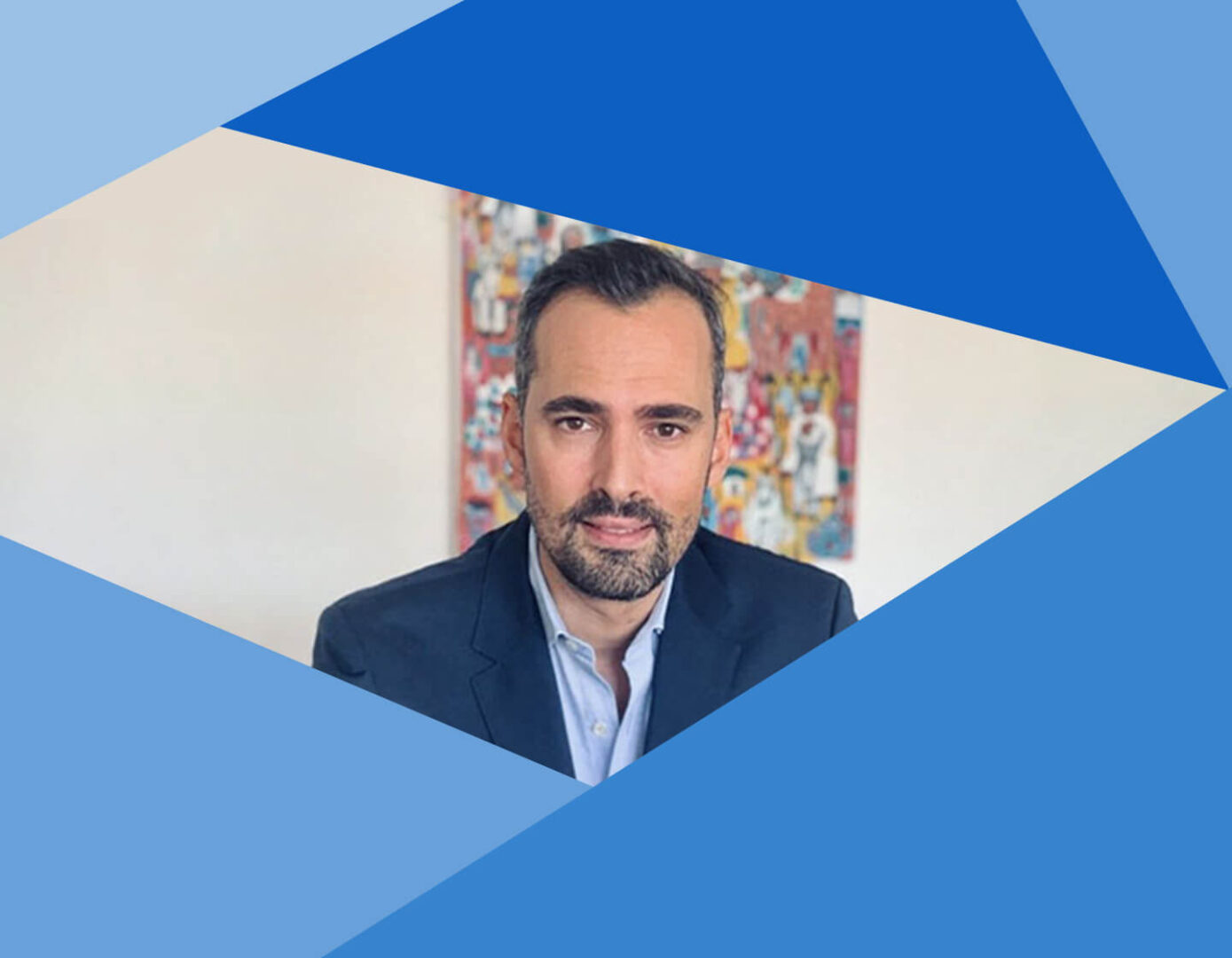
“You have hired your staff because they are smart. They are, therefore, going to know when things are being held back,” warned Omar Molato MD.
Now a consultant for global leadership development and executive search firm Egon Zehnder, Molato has observed a number of teams as they have reacted and adapted to the COVID-19 pandemic and is heartened by the compassion and courage displayed. And as the pandemic forces remote working routines to be re-established, he believes lessons from the first wave will be further reinforced.
“What I have seen working well is being proactive about difficult topics – upfront communication over health concerns, uncertainty of business results, delayed promotions, and costs containment measures. There is far more benefit to those topics being addressed up front compared with hiding them under the table,” he asserted.
The key to teams being able to display such active resilience is frequent and open communication, in Molato’s view. Communication that combines empathy and bravery creates the optimal conditions for teams to feel valued, empowered and able to contribute to solution building. Without it, they can falter and fail.
“By not sharing information – even uncomfortable information – you risk breeding uncertainty, stress and a lack of collaboration. A toxic work environment could be the unfortunate outcome,” said Molato.
Molato has been particularly impressed by the ways some teams have unified to take creative risks when faced with the obstacles presented by global lockdowns and continuing travel restrictions. He describes businesses that have relied on technologies such video conferencing to make key hiring decisions, eschewing the classical process in which in-person meetings and the traditional handshake were required steps before offers were made.
“It would never have happened a year ago. The pandemic situation meant that a biotech, a pharmaceutical company making decisions on hiring CEOs, chief scientific officers or chief medical officers had to happen fast – circumstances demanded it. I was truly impressed by the agility with which leadership teams and boards came together to made such a big shift happen,” he said.
Molato’s entry into management consultancy came via a previous career in medicine. As an emergency room physician in French hospitals, Molato, cut his teeth in high-stakes situations. It was, he believes, an important experience in building his own resilience, collaboration and communication skills.
“Between the ages of 24 and 29, I was exposed to life-and-death situations requiring timely therapeutic decisions, talking to distraught families or colleagues who needed to decompress from highly stressful experiences. It took a few years for me to understand the importance of those five years in my development. They certainly gave me a sense of perspective,” he said.
There are similarities in the way the pandemic has meant teams have been brought closer together. As individuals navigate the care of their young and elderly relatives, their own health and their jobs, stress and anxiety levels have risen. Those teams that meet the challenge by opening up communication feel immediate benefit from doing so.
“I have spoken with a number of CEOs and leaders who have experienced their teams gelling in new ways over the course of the pandemic. It is as though the physical distance of working remotely has been a catalyst to bringing many teams closer to one another,” said Molato.
As remote working protocols are re-established across Europe, empathy, openness and resilience – while reviewing and refining communication techniques across teams – has never been more important.


